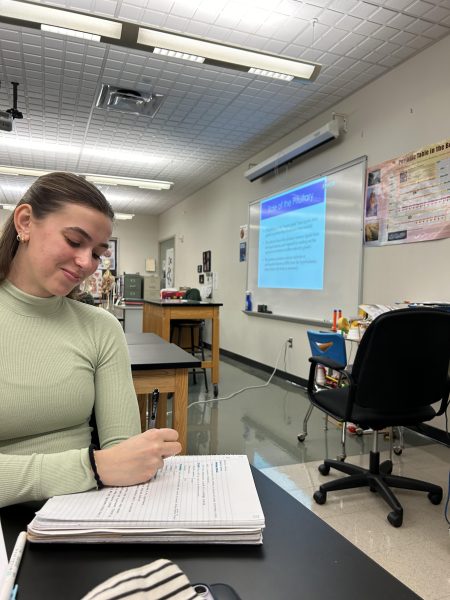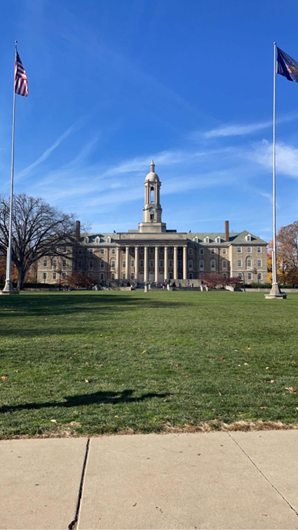Foreign Language in Elementary Schools
Why we should teach foreign languages in earlier years of schooling
February 10, 2020
The young mind, so vulnerable, and capable of endless learning. Yet, the crucial first years of learning aren’t being fully taken advantage of. Research consistently shows us that babies are born with a staggering capacity to learn, possessing over 86 billion neurons worth of potential to absorb a wide spectrum of concepts. The brain begins to streamline itself and remove unused neural pathways drastically up until the age of six. By the time we reach high school, which is when most foreign languages are taught, it is significantly more difficult for your brain to learn and grasp the content. In addition, there is a far greater amount of work in high school, causing an obstacle to comprehend another language. A 2017 study from the University of Washington’s Institute for Learning and Brain Sciences found that as a bilingual child matures, they consistently outperform monolinguals on tests of attention, working memory, task-switching, problem solving (both speed and accuracy), and critical thinking skills. The study also found, contrary to false assumptions, that bilingual students were able to read almost a full grade above their monolingual peers in English.
Requiring a foreign language would not only improve cognitive abilities, but would also increases the ability to communicate with members of other countries. Knowing another language puts a person at a significant advantage when it comes to the workforce, as it is becoming more popular to look for employees that are able to fluently communicate with others that speak a language other than English. In summation, there are no clear detriments to teaching a foreign language during the crucial brain development time frame, but rather, there are numerous benefits that remain throughout one’s whole life. Bilingual children will navigate their way through their life talking to different people in different languages with purpose and compassion, subconsciously obtaining a lifelong brilliance forming within their bright, young minds.









